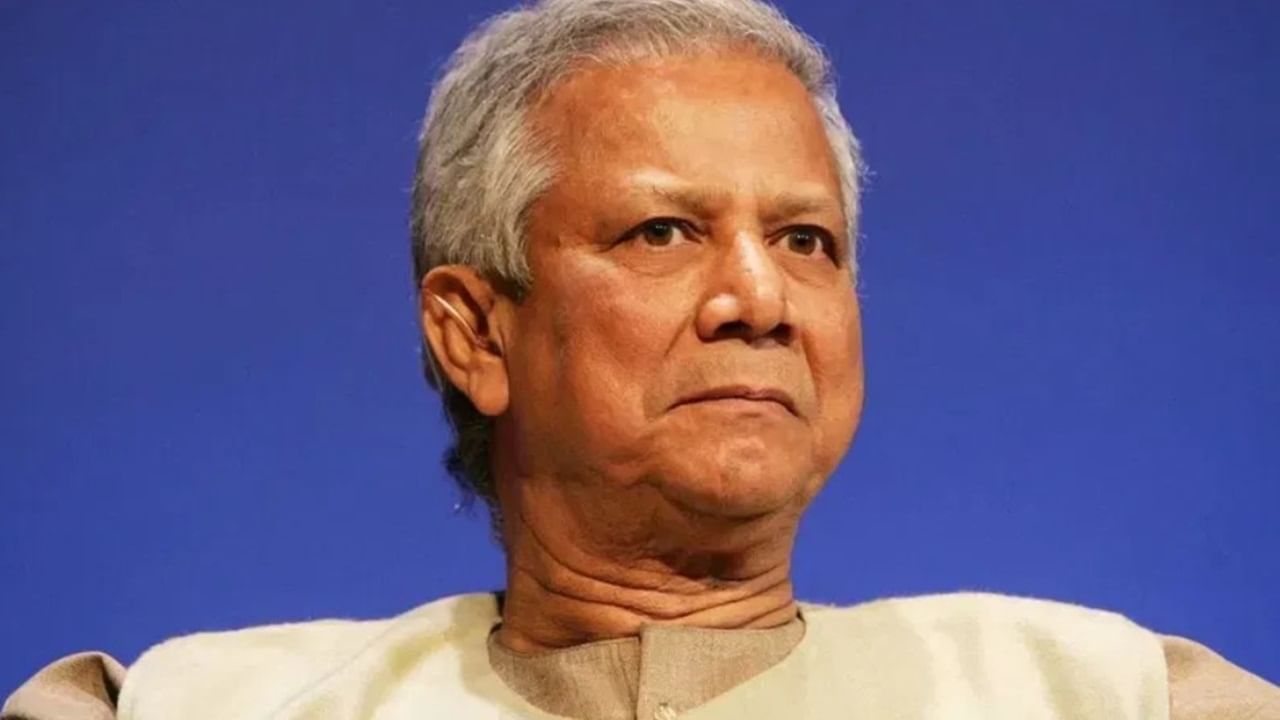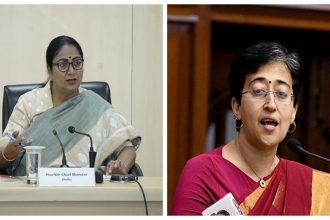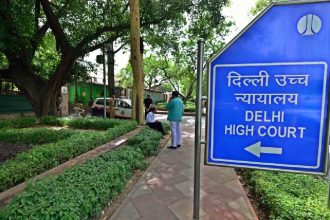
New Delhi: India called upon Bangladesh’s caretaker administration to facilitate “inclusive, fair and free elections at an early date,” a suggestion voiced amid escalating demands from various political factions for polls by December and widespread unrest among government employees.
This diplomatic intervention comes amid New Delhi’s growing discontent with the interim government, led by Nobel laureate Muhammad Yunus, and the palpable political uncertainty gripping Bangladesh.
The political landscape in Bangladesh is marked by conflicting timelines for the upcoming general election. While the Bangladesh Army and the Bangladesh Nationalist Party (BNP), under former premier Khaleda Zia, are pushing for polls by December, Yunus has indicated a much later schedule, suggesting elections could be held as late as June 2026, after a period of implementing reforms, according to the Hindustan Times report.
External Affairs Ministry spokesperson Randhir Jaiswal on Thursday reiterated India’s consistent stance, stating that Bangladesh must “ascertain the will and mandate of the people.” He further emphasised India’s desire for a “positive and constructive relationship” with its neighbour, one that is “anchored in meeting the aspirations and the interests of people of both sides.”
Jaiswal also addressed reports quoting Yunus on “Indian hegemony,” squarely placing the responsibility for governance-related issues on the interim administration in Dhaka. He asserted that such statements appear to be an attempt to “deflect in another direction from your own challenges related to governance there,” adding that “to blame others and extraneous issues for problems is not a solution.”
“When statements of this sort are made, it seems like you want to deflect in another direction from your own challenges related to governance there. And to blame others and extraneous issues for problems is not a solution to the issue,” Jaiswal told a weekly media briefing.
The call for early elections comes as Bangladesh grapples with significant internal strife. Government employees have been protesting vociferously against a recent ordinance that empowers the public administration ministry to dismiss civil servants for misconduct without lengthy procedures. Thousands of primary school teachers are engaged in an indefinite strike demanding wage hikes, and the interim government was forced to revoke an order dissolving the National Board of Revenue after widespread protests from tax body employees.










